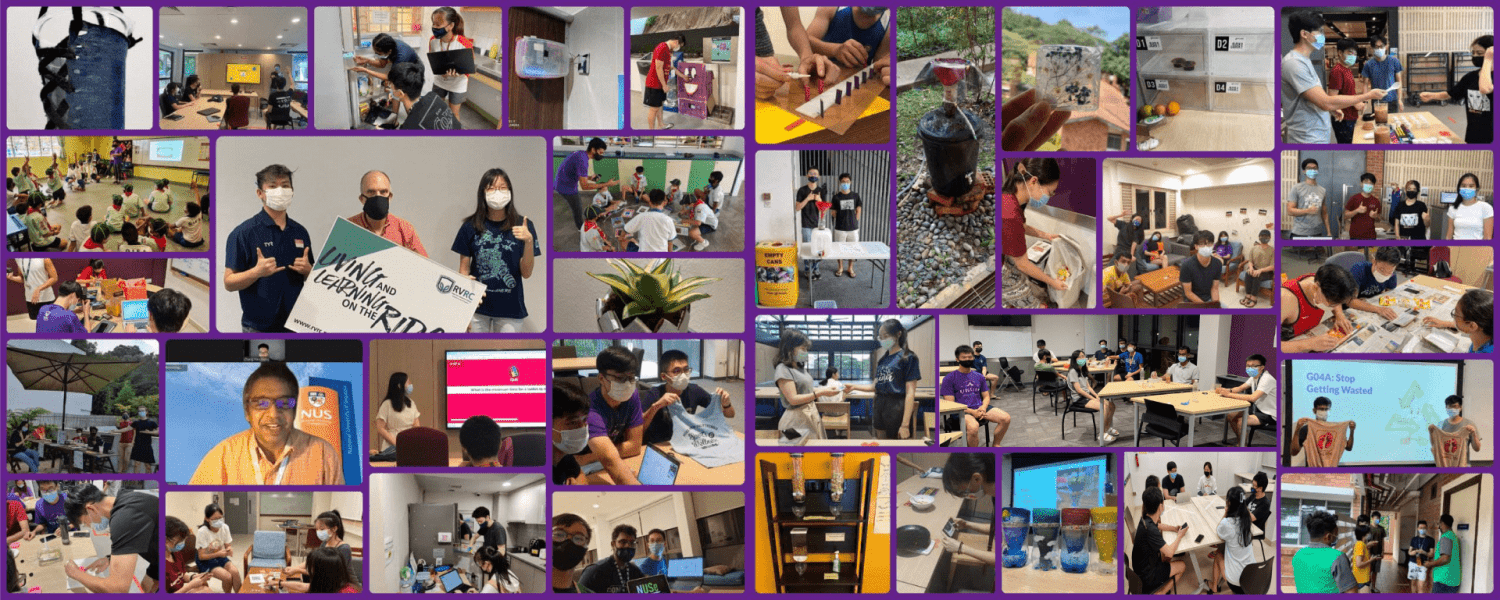Chen Yuxuan (SDE), Gao Xinge (FOE), Jin Yonghe (FOE), Yang Donghan (FOE)
Academic Advisor: Ms. Wong Kah Wei
Improper waste disposal and high waste generation of disposable masks have spiked and adversely exacerbated environmental issues since the onset of COVID-19 both globally and locally. Educating and advocating for reusable mask usage would help reduce disposable mask waste. Education with the engaging activities would foster effective learning and change among RVRC participants. Hence, we utilize a two-pronged approach through conducting an educational workshop and supplying reusable masks to change perceptions and reinforce the wearing of reusable masks instead of disposable masks.
We designed a face-to-face workshop comprising i) a pre- and post-workshop and review survey; ii) distribution of free reusable masks iii) discussion of benefits of reusable mask usage. Our findings showed that 90% of workshop participants continued wearing reusable masks the month after the workshop. Hence, our multi-pronged approach has proven effective in promoting reusable mask usage in RVRC residents.
